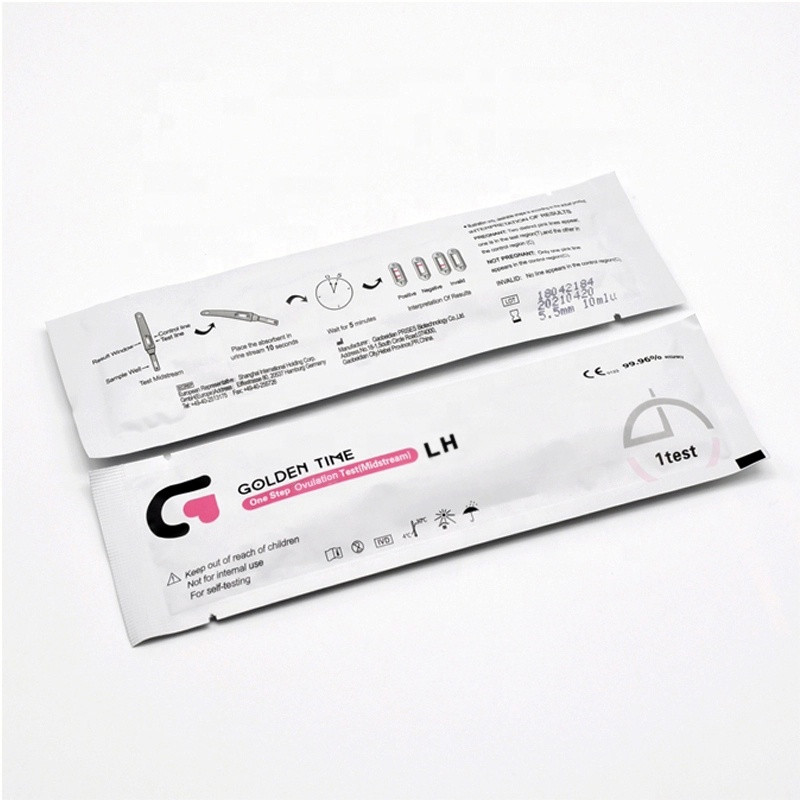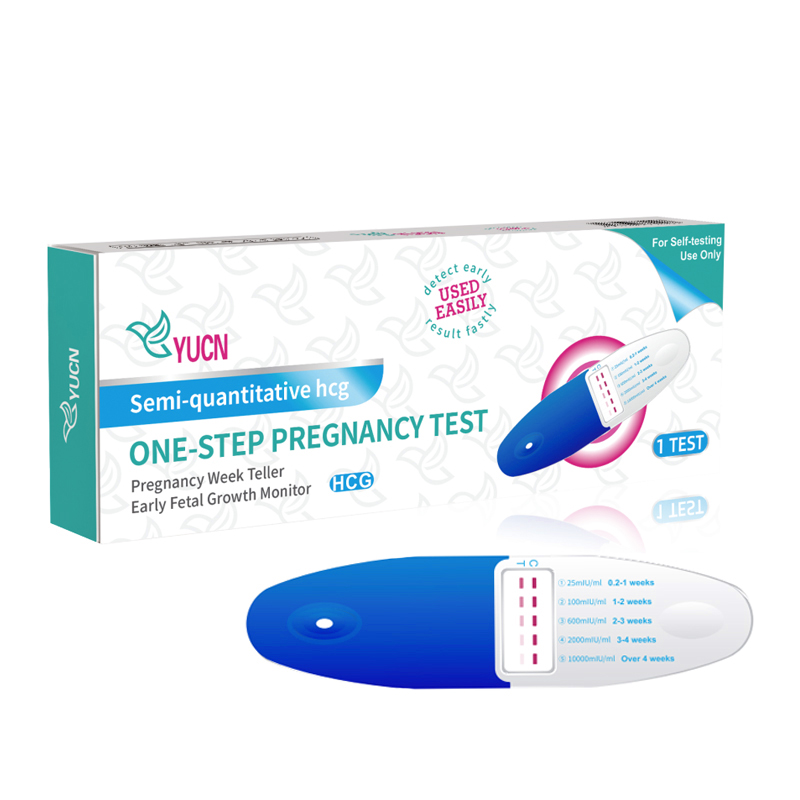Feb . 15, 2025 11:40 Back to list
china nucleic acid
In the ever-evolving landscape of health diagnostics, nucleic acid testing in China presents a unique blend of innovation and precision that has redefined disease detection and management. This transformative approach leverages cutting-edge technologies to offer unparalleled sensitivity and specificity, making it a cornerstone in modern healthcare.
From a consumer standpoint, the trustworthiness of nucleic acid testing in China is significantly bolstered by the rigorous quality controls in place. Laboratories conducting these tests adhere to stringent standards to ensure each result is accurate and reliable. Moreover, public awareness campaigns and government-endorsed initiatives have played a crucial role in educating the populace about the benefits and applications of these tests. Research and development in this field is also moving at an astonishing pace. Chinese universities and biotech firms are at the forefront of exploring new applications for NATs beyond infectious diseases. For instance, there are ongoing studies into using nucleic acid detection for personalized medicine, where treatments are tailored based on an individual’s genetic makeup. This not only enhances the efficacy of treatments but also reduces the likelihood of adverse reactions. The collaboration between academia, industry, and government has been instrumental in ensuring that China remains a leader in nucleic acid technology. This triad of cooperation serves as a model for other countries looking to enhance their own diagnostic capabilities. An emerging trend is the use of blockchain technology to secure and manage the vast amounts of data generated from nucleic acid tests. This integration predominantly enhances data security and patient privacy, a critical aspect as digital health records become more commonplace. In conclusion, the forefront of China's nucleic acid testing landscape is characterized by its unwavering commitment to scientific excellence, innovation, and accessibility. As NATs continue to evolve, driven by advancements in AI, portable technologies, and regulatory support, they promise to redefine the future of diagnostics not just in China, but globally. The potential for nucleic acid testing in personalized medicine, its ability to adapt to new health challenges, and the ongoing research to expand its applicability are testament to the robust, forward-thinking approach China is championing in the field of health diagnostics.


From a consumer standpoint, the trustworthiness of nucleic acid testing in China is significantly bolstered by the rigorous quality controls in place. Laboratories conducting these tests adhere to stringent standards to ensure each result is accurate and reliable. Moreover, public awareness campaigns and government-endorsed initiatives have played a crucial role in educating the populace about the benefits and applications of these tests. Research and development in this field is also moving at an astonishing pace. Chinese universities and biotech firms are at the forefront of exploring new applications for NATs beyond infectious diseases. For instance, there are ongoing studies into using nucleic acid detection for personalized medicine, where treatments are tailored based on an individual’s genetic makeup. This not only enhances the efficacy of treatments but also reduces the likelihood of adverse reactions. The collaboration between academia, industry, and government has been instrumental in ensuring that China remains a leader in nucleic acid technology. This triad of cooperation serves as a model for other countries looking to enhance their own diagnostic capabilities. An emerging trend is the use of blockchain technology to secure and manage the vast amounts of data generated from nucleic acid tests. This integration predominantly enhances data security and patient privacy, a critical aspect as digital health records become more commonplace. In conclusion, the forefront of China's nucleic acid testing landscape is characterized by its unwavering commitment to scientific excellence, innovation, and accessibility. As NATs continue to evolve, driven by advancements in AI, portable technologies, and regulatory support, they promise to redefine the future of diagnostics not just in China, but globally. The potential for nucleic acid testing in personalized medicine, its ability to adapt to new health challenges, and the ongoing research to expand its applicability are testament to the robust, forward-thinking approach China is championing in the field of health diagnostics.
Next:
Latest news
-
Rapid BZO Test Kit - Fast & Accurate Benzodiazepines Detection
NewsAug.04,2025
-
China Nylon Flocking Swabs - AI Enhanced Quality Collectors
NewsAug.03,2025
-
Highly Accurate hCG Pregnancy Test Strips - 5 Min Results
NewsAug.02,2025
-
Premium Empty ABS Plastic Cassettes: Durable & Lightweight Storage
NewsAug.01,2025
-
Accurate Cocaine (Coc) Rapid Test Kit | Fast & Reliable Detection
NewsJul.31,2025
-
Accurate HCG Pregnancy Test Strips | Fast Home Use Kit
NewsJul.31,2025

